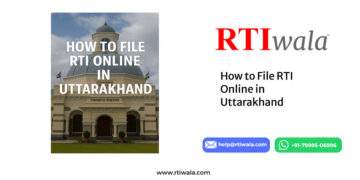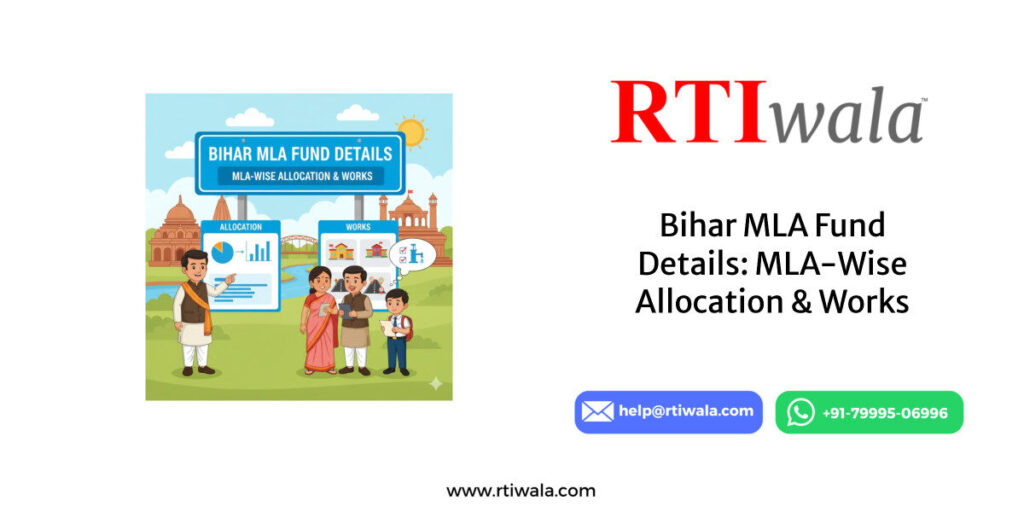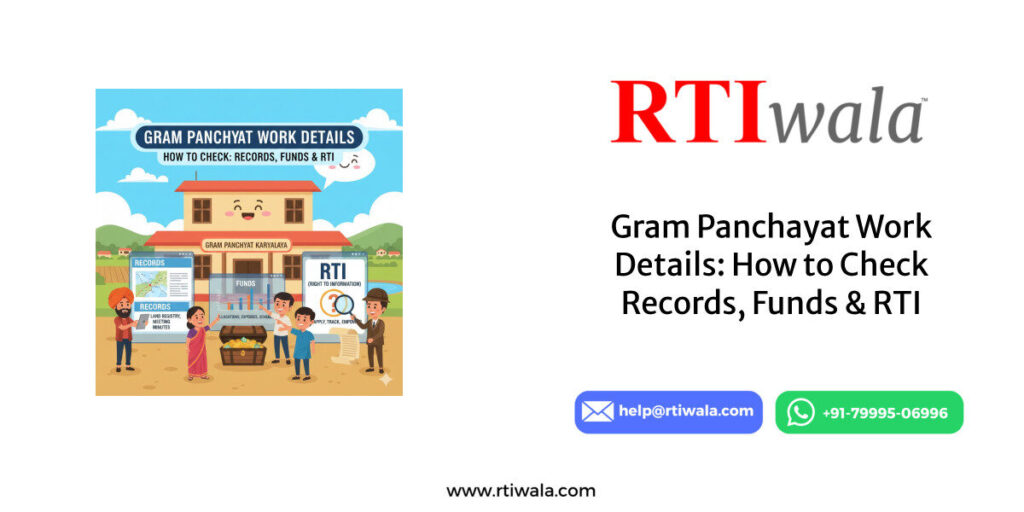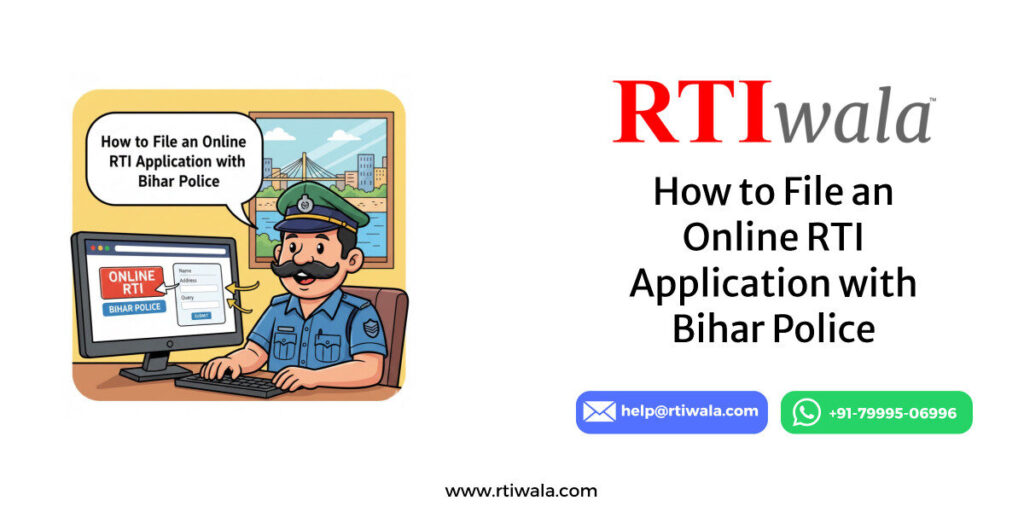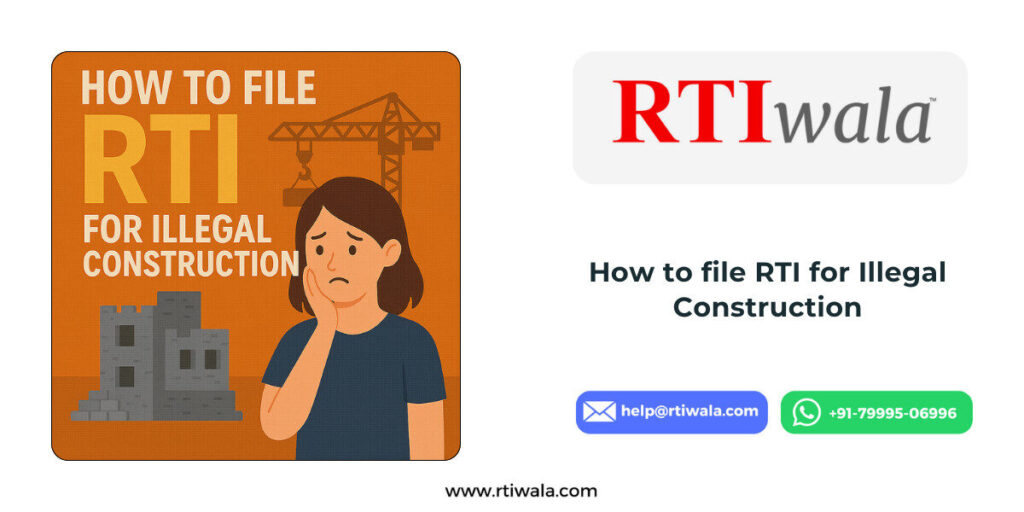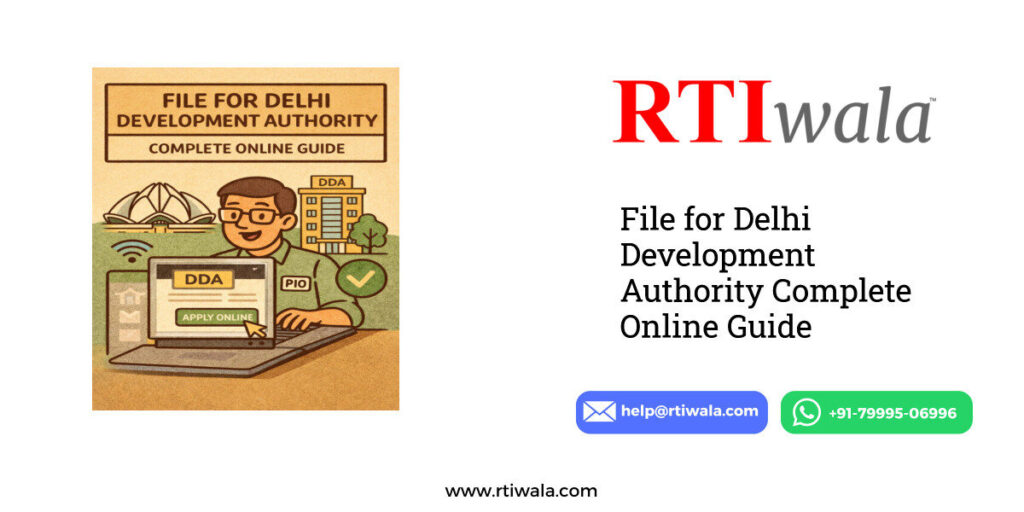Table of Contents
- Introduction: Why Polio Drops 2025 Matter
- What Is the Polio Drops / Pulse Polio Programme in 2025?
- Risks of Missing Polio Drops: Fear Factor You Shouldn’t Ignore
- Polio Schedule & Logistics in 2025
- Use RTI to Demand Transparency in Polio Drives
- 5.1 Why File RTI in Public Health Matters
- 5.2 How to File RTI (Step-by-Step)
- 5.3 Filing RTI Offline / Online RTI India via RTIwala
- Example RTI: Asking About Polio Coverage
- Benefits of Using RTIwala to File an RTI
- FAQs
- Conclusion & Call to Action
1. Introduction: Why Polio Drops 2025 Matter
Polio once paralysed thousands of children in India. With concerted efforts through immunization drives, India was declared polio-free in 2014.
However, the battle is not over — new risks (including vaccine-derived poliovirus or importation from neighboring countries) demand vigilance.
In 2025, the pulse polio immunisation campaigns continue. But transparency is essential: Are the government’s allocations sufficient? Are high-risk zones covered fully? If you suspect gaps or negligence, you can leverage the right to information. That’s where online RTI India and RTIwala come in — providing you a way to demand public accountability.
This guide explains polio drops 2025, the dangers of missing them, and how to file right to information via online rti file / file online rti / apply for rti online, and how RTIwala makes it easier.
2. What Is the Polio Drops / Pulse Polio Programme in 2025?
The Pulse Polio Programme is a nationwide campaign to administer oral polio vaccine (OPV) drops to all children under 5, periodically, even though polio is declared eliminated in India.
India still holds National Immunization Days (NIDs) and Sub-National Immunization Days each year.
In 2025, the government continues this to maintain “population immunity.”
The campaign’s slogan “Do Boond, Zindagi Ki” (Two drops of life) remains iconic in India’s immunization messaging.
3. Risks of Missing Polio Drops: Fear Factor You Shouldn’t Ignore
Missing polio drops may seem harmless, especially since India is polio-free. But here’s what’s at stake:
- Risk of vaccine-derived poliovirus (VDPV): OPV uses a weakened virus; in very rare cases, it can mutate and cause paralysis.
- Importation risk: Neighboring countries like Pakistan and Afghanistan still report polio cases. A single case imported into an under-immunized zone can spark an outbreak.
- Loss of herd immunity: If many kids miss doses, enough susceptible individuals may accumulate to allow virus spread.
- Permanent paralysis: Polio has no cure once paralysis sets in—a lifetime of disability.
- Public trust erosion: If local authorities fail to deliver polio drops and do not explain or account for lapses, communities lose faith in public health systems.
Given these risks, you have a right (and a responsibility) to demand answers—and that’s where online RTI India / RTIwala can help you file RTI online / file online RTI to hold authorities accountable.
4. Polio Schedule & Logistics in 2025
In 2025, the polio immunization schedule follows India’s Universal Immunization Programme (UIP) augmented by pulse rounds:
| Dose Type | Age / Timing | Remarks |
|---|---|---|
| OPV birth dose | Within 15 days of birth | Even for preterm babies |
| OPV primary doses | 6, 10, 14 weeks | Along with DPT, IPV, etc. |
| IPV booster | Around 6 months | Strengthens individual immunity. |
| Pulse polio drops | Periodic NID/Sub-National Days for all children under 5 | Even those who have completed the schedule |
Note: The national schedule may be adjusted by state governments based on local epidemiology and resource availability.
Implementation logistics include vaccination booths, mobile teams, transit booths (e.g, at train stations), and active follow-up for children who missed initial rounds.
5. Apply RTI to Demand Transparency in Polio Drives
5.1 Why File RTI in Public Health Matters
- Ensure coverage data is published (how many children were missed vs. targeted).
- Check resource allocation (vaccines, staff, cold chain).
- Monitor accountability so that lapses are explained.
- Force public health departments to respond in writing.
- Deter corruption, diversion of funds, and misreporting.
If public health authorities are failing to conduct proper polio drops or hiding data, you can use the RTI Act to force disclosure. With online RTI file / file online RTI, you can reduce delays, and with RTIwala you can streamline the process.
5.2 How to File RTI (Step-by-Step)
Here’s a simple flow for how to file RTI / how to file right to information:
- Write the RTI application—include your name, address, contact details, and clear description of information sought.
- Select Public Authority/Department—e.g, Health Department, District Medical Officer, State Health Society.
- Pay the application fee — usually ₹10 (via postal order, demand draft, or online where the portal supports)
- Submit RTI—either physically or via an online portal.
- Wait for response (30 days)—unless additional fees or clarification required.
- If denied or delayed, file first appeal.
- Finally, you may file a second appeal to Information Commission.
More detailed guidelines are available in RTI Act rules and on government RTI portals.
5.3 Filing RTI Online / Online RTI India via RTIwala
To file rti online / apply for rti online, the government provides a portal: RTI Online at rtionline.gov.in.
Key steps:
- Register / create account.
- Use “Submit Request” tab to file a new RTI.
- Choose the Department/Ministry.
- Fill details and upload attachments.
- Pay fee through net banking / debit / credit / UPI.
- Track status via a dashboard.
But many users find this complicated (portals slow, selection of authority confusing, etc.). This is where RTIwala becomes invaluable:
- RTIwala helps you draft the RTI and choose the correct public authority.
- They help file the RTI online on your behalf—file RTI online.
- They monitor responses and send reminders.
- They help with first appeals and second appeals.
- You get expert support in case authorities delay.
Thus, instead of struggling with the portal yourself, you can simply use RTIwala to file an RTI online and get reliable assistance.
6. Example RTI: Asking About Polio Coverage
Here is an example RTI query you could file to the District Health Officer:
“Kindly provide the following information under the RTI Act regarding polio drops in 2025 in [District Name]:”
- Number of children under 5 years targeted for polio drops in the latest Pulse Polio round.
- Number of children who actually received the drops.
- List of areas (villages/wards) where >10% of children were missed.
- Reason(s) for missing these children and corrective action taken.
- Budget allocated vs. actual expenditure for polio drops (vaccine + logistics).
- Minutes of meetings, internal memos, or reports regarding polio drive monitoring.”
You can file this RTI online via RTIwala and force the health department to respond or explain it in writing.
7. Benefits of Using RTIwala to File an RTI
- Ease & convenience: You don’t have to navigate confusing government portals.
- Correct drafting: Ensure your RTI application is legally valid and specific.
- Reduced errors: Avoid rejection due to wrong authority or mislabeled request.
- Tracking & reminders: RTIwala monitors status and handles follow-ups/appeals.
- Expert support: For appeals and complex information requests.
- Safety and anonymity (if needed): They can guide you on protecting your personal data.
Thus, whether you want to file online RTI, filing RTI online, apply for RTI online, file RTI online, or learn how to file right to information, RTIwala is your trusted partner.
8. FAQs (Frequently Asked Questions)
Q1: What is the deadline to file an RTI response?
A: The public authority must respond within 30 days. If your request concerns the life or liberty of a person, the time limit is 48 hours.
Q2: Can I file an RTI online (online RTI filing) for a state health department?
A: Some states have separate RTI online portals (e.g, Delhi, Maharashtra). Apply RTI Online for central ministries. If your state doesn’t allow that, RTIwala will guide you to the correct portal.
Q3: What is the RTI application fee and how do I pay?
A: Standard fee is ₹10. In online RTI portals, you can pay via net banking, debit/credit card, or UPI.
Q4: What if the public authority rejects my RTI or doesn’t respond?
A: You can file a first appeal within the same department (within 30 days), and later a second appeal to the Information Commission. RTIwala can assist with these appeals.
Q5: How long does the RTI process take, including appeals?
A: Initial reply: 30 days. First appeal: usually 30 days more. Second appeal (commission level) may take several months or more, depending on backlog. 18 out of 29 Information Commissions have year-long delays.
9. Conclusion & Call to Action
Polio drops 2025 are not just another immunization round—they are the frontline safeguard against a crippling disease that could return if vigilance falters. But without transparency, even well-intended campaigns can fail. That’s why ordinary citizens like you have the power to apply online RTI India to demand data, accountability, and action.
Don’t wait for an outbreak to question the system. File an RTI today — and let RTIwala handle the process. Whether you want to apply for RTI online, file RTI online, or learn how to file right to information, RTIwala is your trusted, expert ally.
🔹 Contact RTIwala now to draft and file your RTI in minutes — ensure polio drops 2025 are delivered transparently.
🔹 Share this article with friends and neighbors so everyone knows how to hold authorities accountable.
Together, through knowledge and action, we can keep polio at bay — and ensure a healthier future for all children.














